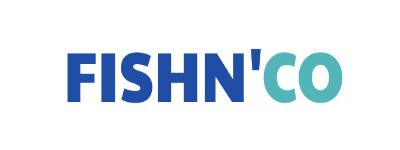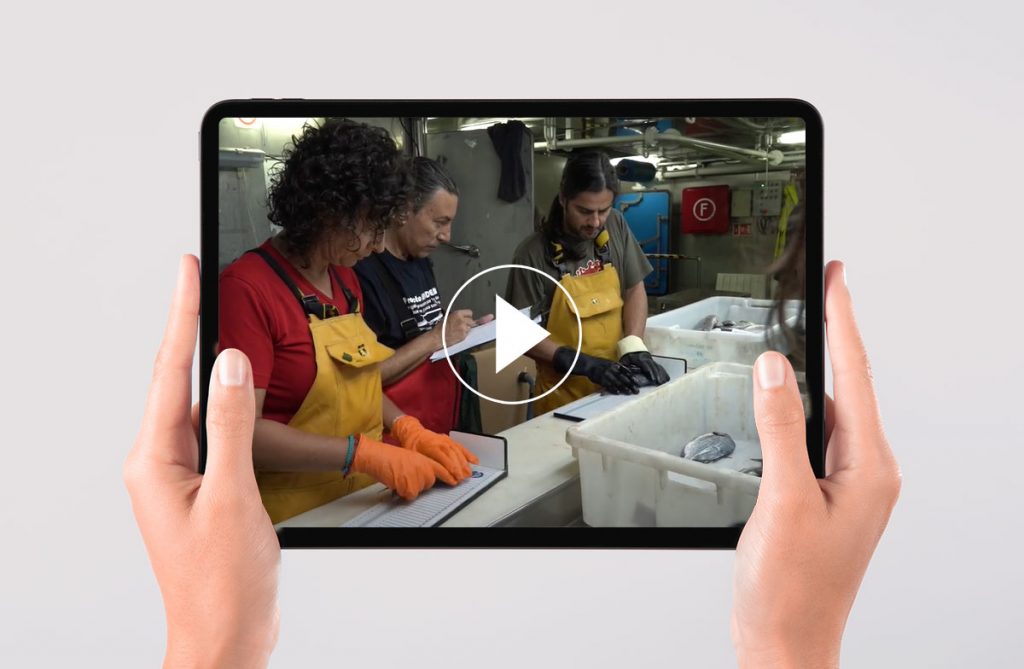
Strengthening EU-MAP data collection by developing Regional Work Plans for the Regional Coordination Groups (RCG) NA NS & EA, Baltic and Large Pelagics and Economics Issues.
Overview
According to Fisheries Data Collection Framework, Member States (MS) shall coordinate their data collection activities with other MS in the same marine region and shall make every effort to coordinate their actions with third countries having sovereignty or jurisdiction over waters in the same marine region. Regional Coordination Groups (RCGs) have been set up to facilitate coordination.
FISHN’CO addresses the need to develop Regional Work Plans (RWPs) for the RCGs North Atlantic, North Sea and Eastern Arctic; Baltic; Large Pelagics and Economics Issues, delivering support to these RCGs and the Inter Sessional Sub-Groups.
The expected outputs will be of direct relevance for strengthening regional and EU-wide cooperation on fisheries data collection and enhance data quality. The work in the Project will be carried out transparently and in direct consultation withstakeholders involved in fisheries data collection (including National Correspondents, Regional Fisheries Management Organisations (RFMOs), RCGs and the EU Commission, among others) in order to facilitate a smooth adoption of the RWPs to be developed.
Workplan Structure
The level of ambitions of the RWP will be defined around the Thematic Focus Areas. The information available and the gaps in existing knowledge will then be analysed – the aim will then be to fill in those knowledge gaps and inform the design of the RWP Structures and decision processes.
RWPs are completely new structures so there is a need to develop and describe the required processes to design and implement them – this needs to be addressed in discussions between Member States using the RCGs as a forum. Such discussions will be about sharing responsibilities, expected contributions, decision-making and adoption processes, and how to implement and manage RWPs in a harmonised, cooperative and transparent way. The Rules of Procedure for the RCGs will need to be revised and templates supporting the agreed decision making processes will need to be drafted.
The RWPs and the different elements they will need to contain will be co-created to fit the new EU-MAP Regulation to come into force in 2022.
The content and the structure of the RWPs will be produced and this will need to happen in consistency with the National Work Plans. New requirements for coordination will also be included and all acknowledging different realities and levels of ambition.
Communication will be integrated into the RGCs strategy. Fishn’co will implement communication and dissemination actions around the RWPs and about the activity of the RCGs to promote visibility and facilitate engagement towards the RWP stakeholders.
Activities will be devoted to support and facilitate fluent and efficient administrative proceedures and adequate follow up of workprogress and achievements.
Public results from FISHN’CO
Important disclaimers
- The information in the documents provided below has not been revised by the EC funders, therefore contents may be subject to modification.
- Fishn’co project has produced a long list of documents and outputs but here we have only included those that may be of public interest and/or needed to facilitate the RCGs’ work on the Regional Work Plans.
This document covers the ten Regional Work Plan Thematic Focus Areas selected as the most relevant for the project, namely: Commercial Fisheries, with four case studies (Small pelagics in the Baltic; Freezer trawlers; Iberian trawlers; Large pelagics) and the umbrella group; Recreational Fisheries; Diadromous Species, salmon and sea trout; Small Scale Fisheries; Incidental Catches of PETS; Additional Data on the Impact of Fishing Activities on Marine Biological Resources and Marine Ecosystems; Social and Economic Data on Fisheries; Social, Economic and Environmental Data on Aquaculture; Research Surveys at Sea; Biological Data Quality.
For those Areas above, it identifies the gaps and then presents the map of what exists, what are the best elements and approaches already developed, and what additional information is still necessary to be able to develop Regional Work Plans. These elements determine the level of ambition for regional coordination, which is also presented.
An interactive infographic has also been developed with the purpose of keeping the viability of the work beyond the lifetime of Fishn´Co, and in final instance strengthen regional coordination.
This report describes the work carried out to determine the decision-making structures/process on the implementation of RWP and has been conducted in accordance with the Rules of Procedure for the relevant RCGs and the Regulation 2017/1004 establishing Data Collection Framework (DCF), and in particular to Art. 6 (National Work Plans) and Art. 9 (Regional coordination and cooperation and RWP). Based on this the document presents the proposal for a general approach to decision-making structure and process for developing RWPs.
The outputs presented here reflect the feedback from the extensive consultation carried out within Fishn´Co WP2, and the insights from DG MARE regarding the timeline for implementation of RWP, and in compliance with DCF Regulation.
This document is the result for combining the RoPs of RCGs Baltic Sea and North Atlantic, the North Sea and Eastern Arctic.
The report describes the results of the extensive consultation with EU Member States regarding the development of Regional Work Plans (RWPs), based on RCG/ISSGs regular work and Fishn’Co contribution to adapt all coordination initiatives in a RWP format.
The receipt of 24 out of 26 EU Member States responses provided an exceptional material to analyze and this wealth of information has been used to build the foundations for future RWPs. This document is thus a contribution with the aim of highlighting the main messages given by EU NCs and also display, for a wider audience, all comments in a confidential manner, so that RCG ISSG experts can read all comments regarding their thematic areas when developing elements of RWPs for the period 2025-27 and/or beyond.
This document is an outcome of Fishn’Co WP3.This document details the elements which prevailed when developing RWPs during the time of the project (1st January 2021 – 28 February 2023), starting the story from 2017 when the RWP concepts appeared for the first time in an EU Regulation.
Partners
Institut Français de Recherche pour l’Exploitation de la Mer. (FRANCE)
Centro Tecnológico del Mar, Fundación CETMAR. (SPAIN)
Eigen Vermogen van het Instituut voor Landbouw- en visserijonderzoek (BELGIUM)
Marine research, technology development and innovation. (IRELAND)
Stichting Wageningen Research/Wageningen Marine Research. (NETHERLANDS)
Institut de Recherche pour le Développement. (FRANCE)



